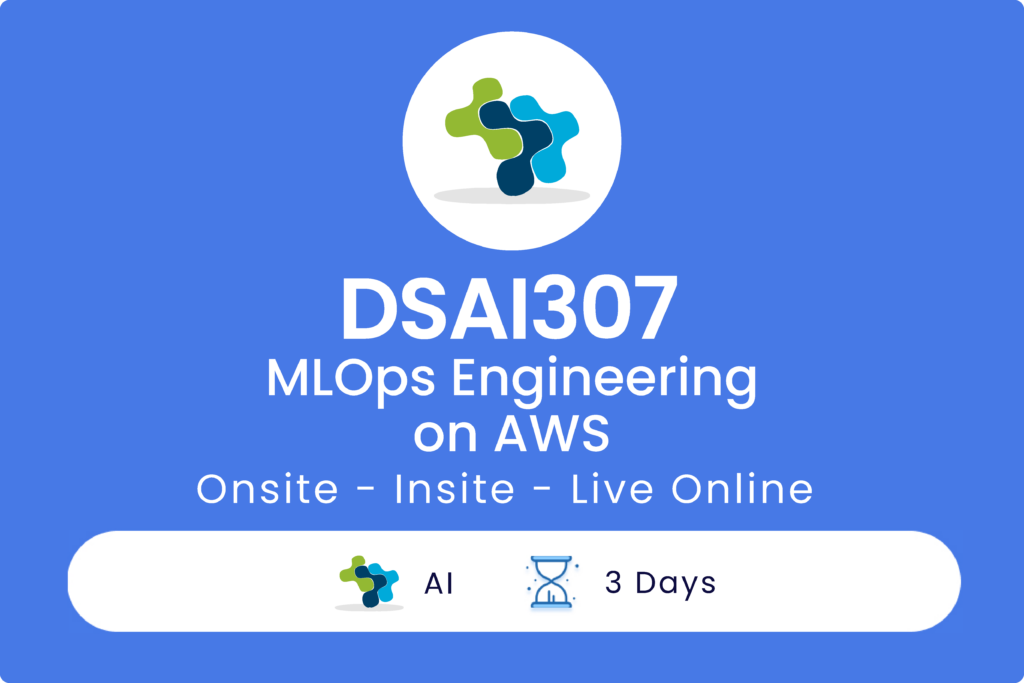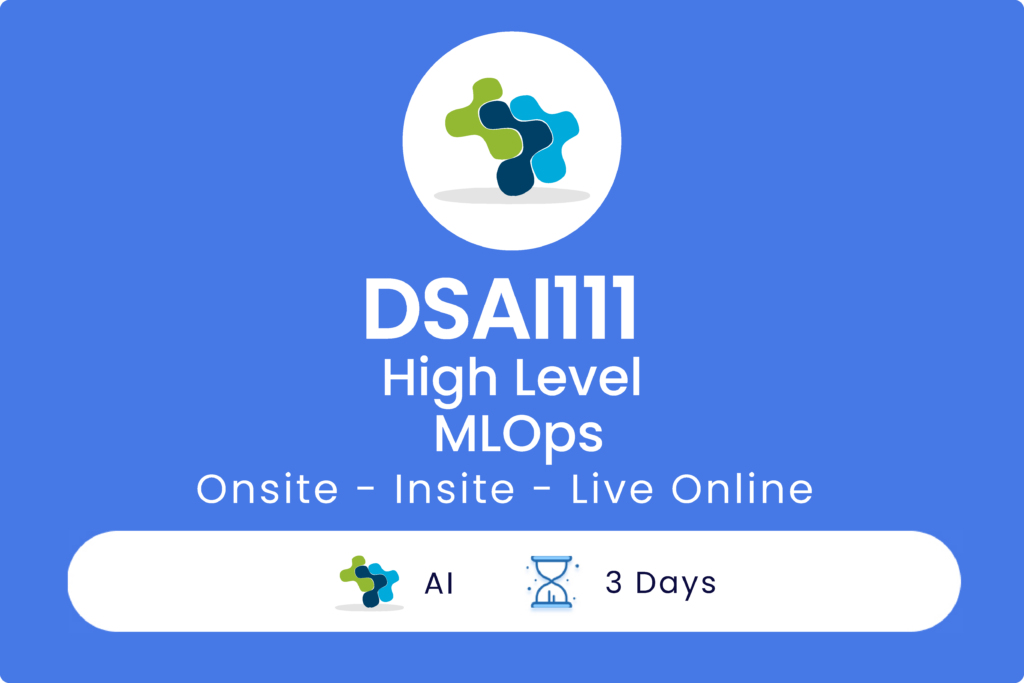Next Level Notebook: Jupyter Hub
The course provides in-depth guidance on installing, configuring, and using JupyterHub in a Kubernetes environment. JupyterHub is a multi-user platform that allows researchers and professionals to share and collaborate on Jupyter documents in a shared environment. Through this course, students will gain hands-on skills to deploy a JupyterHub instance on a Kubernetes cluster, manage users and groups, customize configurations, and ensure the security of the environment.
CODE: DSAI201
Category: Artificial Intelligence Course

DESCRIPTION
COURSE CONTENT
COURSE OBJECTIVES
ADDITIONAL INFORMATION
DESCRIPTION
Teaching methodology
The course includes educational laboratories in which each student will be able to carry out training exercises that will provide practical experience in the use of the tool, for each of the topics covered during the course.Prerequisites
- Basic knowledge of Jupyter Notebook or participation in the DSAI102 course.
- Basic knowledge of Kubernetes.
- Familiar with the concepts of development environments and interactive notebooks.
- Basic experience with command line and Linux system administration.
COURSE CONTENT
Below is an overview of the course contents:
- Jupyter Notebook Recap: Advanced Features and Specific Use Cases: This module provides a detailed summary of the advanced features of Jupyter Notebook and discusses specific use cases where those features can be applied effectively.
- Introduction to JupyterHub: Concepts, Installation, and Configuration: Here students are introduced to the basic concepts of JupyterHub, including its installation and configuration in on-premises or cloud environments.
- Implementing JupyterHub on Kubernetes: Setup and Best Practices: This module focuses on implementing JupyterHub on Kubernetes, providing detailed setup instructions and best practices to ensure an efficient and efficient implementation. scalable.
- Managing Users and Groups in JupyterHub: Students learn how to manage users and groups within JupyterHub, including creating, editing, and removing user accounts, as well as configuring of access permissions.
- Integration with existing authentication and authorization systems: This module illustrates how to integrate JupyterHub with existing authentication and authorization systems, allowing students to implement customized login and access procedures.
- Using Jupyter Notebook in a Shared Environment: Collaboration and Resource Management: Here, students learn best practices for using Jupyter Notebook in a shared environment, including collaboration between users and the management of shared resources.
- Monitoring and Maintenance of JupyterHub on Kubernetes: This module provides information on how to monitor the performance of JupyterHub on Kubernetes and how to perform periodic maintenance tasks to ensure its proper functioning over time.
COURSE OBJECTIVES
At the end of the course, participants will be able to:
- Install and configure JupyterHub on a Kubernetes cluster.
- Manage users, groups, and resources in a shared JupyterHub environment.
- Use Jupyter Notebook in a collaborative environment for development and data analysis.
- Integrate JupyterHub with existing authentication and authorization systems.
- Monitor and maintain a JupyterHub installation on Kubernetes.
ADDITIONAL INFORMATION
Duration – 1 day
Delivery – in the classroom, on site, remotely
PC and SW requirements:
- Internet connection
- Web browser, Google Chrome
- Zoom
Language
- Instructor: English
- Workshops: English
- Slides: English






























